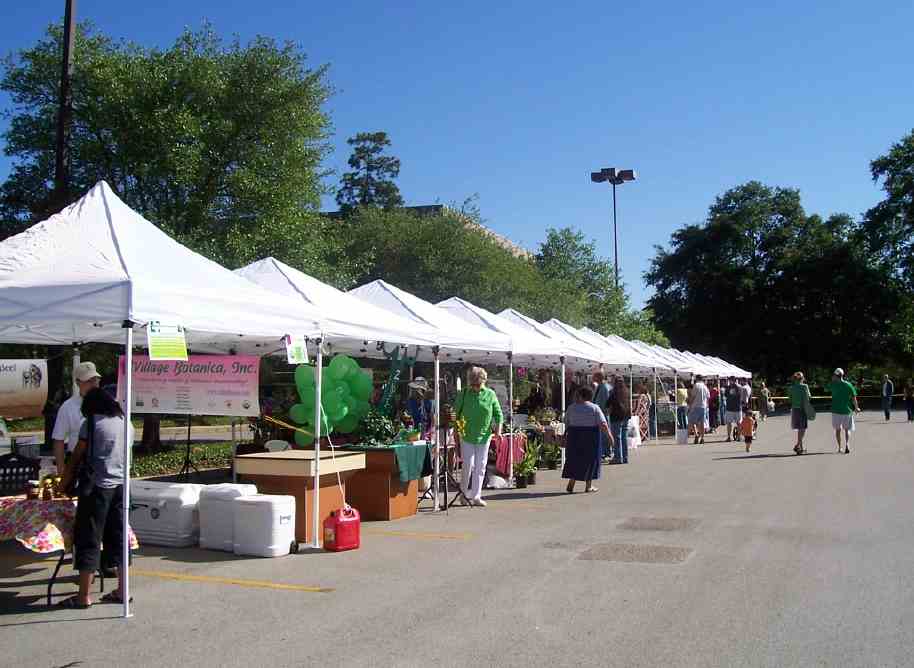If I ran a food business, implementing food safety to what was in regulations wouldn’t be enough. I’d want to have a good food safety culture that exceeds the law. And then I’d tell everyone about it.
It doesn’t really matter whether it is a commercial food processor, independent restaurant, charity fundraiser or farmers market — I want to eat at a place where the manager and staff (or vendors) know about risks, risk control measures and actually implement them; because they understand the consequences of not following through.

Regulation provides a foundation. While it’s not a good idea to rely just on regs, licensing and inspection allows for a first check on whether someone is awake when it comes to risks. Unfortunately, too often, folks aren’t.
According to PhillyBurbs.com, there has been a lot of discussion about the regulation and deregulation of farmers’ markets in Mongomery Co, PA, resulting in a bunch of rhetoric that would make me antsy to shop there.
The Montgomery County commissioners on Wednesday gave the county health department its marching orders when it comes to regulating farmers markets and their vendors: Hands off unless public health is in jeopardy.
The commissioners said they were acting in response to the deluge of phone calls, letters and emails they have received over the last month, all protesting what they believe are "draconian measures" that the county health department proposed to take to bring about compliance with the law.
Some of the proposed measures include the requirement of having handwashing sinks that provide hot water (not sure what data is used to support the need for hot – sinks for sure, hitting a specific temp doesn’t matter-ben) and regulating temperatures and hygiene conditions for vendor’s samples.
Carole Kenney, a founding member of the Upper Merion Farmers Market was quoted as saying providing samples is a marketing tool "and should not be considered and treated like a food service."
Nope. It’s food service for sure. While it may not fall into the food-for-pay category, sampling carries risks. Cross-contamination, such as dirty knives being used to cut and serve samples and temperature risks, including to holding foods that can support the growth of pathogens (like salsa and guacamole) too warm are common issues that we’ve seen markets face.
And it’s a really bad marketing to make a bunch of potential customers sick.
Regulation food venues like farmers’ markets, community dinners and charity events is not a new discussion. But arguments of common sense, I can see the farmer or they are good people don’t really hold up.
In the community dinner world, often the battleground of deregulation and over-governing talk, lots of things seem to go wrong.
In 1997 two elderly people died, more than 100 made a trip to the hospital emergency room, and 700 more reported feeling ill after partaking of an annual church dinner of stuffed ham, turkey and fried oysters at Our Lady of the Wayside Parish in Chaptico, Maryland, a town of only 100 residents. Volunteers were said to have, “put their heart and soul into the dinner." But health officials determined this wasn’t the only thing in the dinner. Tests showed that Salmonella in the ham likely caused the illnesses.
In September 2004, near Buffalo, New York, 28 confirmed cases of Salmonella infection were reported to the Erie County Department of Health following an annual community roast-beef dinner. Outbreak investigators found that volunteers were not trained in foodservice and didn’ t quite understand the importance of maintaining a hot or cold temperature.
Turns out they really did not understand at all. The beef was roasted on spits and the juices, collecting in a 5-gallon bucket at room temperature over the course of the day, was poured over the surface of ready-to-eat beef sandwiches. Scrumptious. Except that the sandwiches were being drenched with both flavorful juices and Salmonella bacteria that had multiplied throughout the day at room temperature. Interviews with attendees indicated that approximately 1,500 of the 3,000 who attended the event were ill.
Regulation, market requirements and an inquisitive buyer are all part of the equation as drivers to implement a good food safety culture. Regs have to be practical and based on science and implementing them is one way to increase risk awareness — but it’s up to the business to do stuff right all the time.
